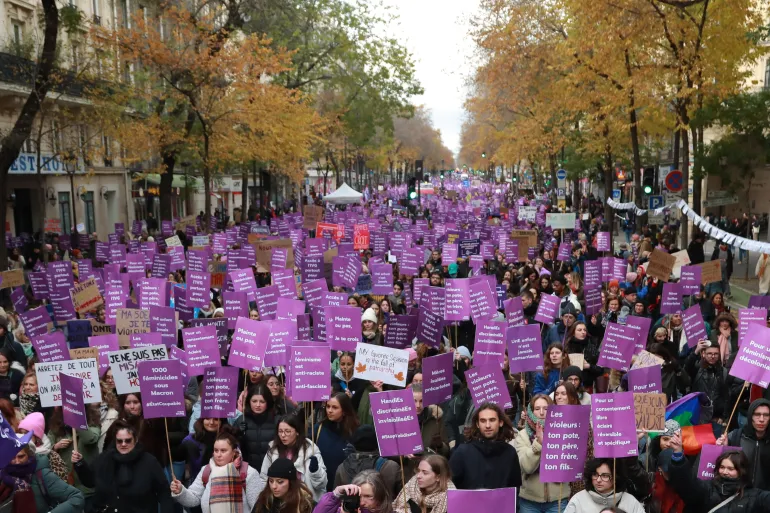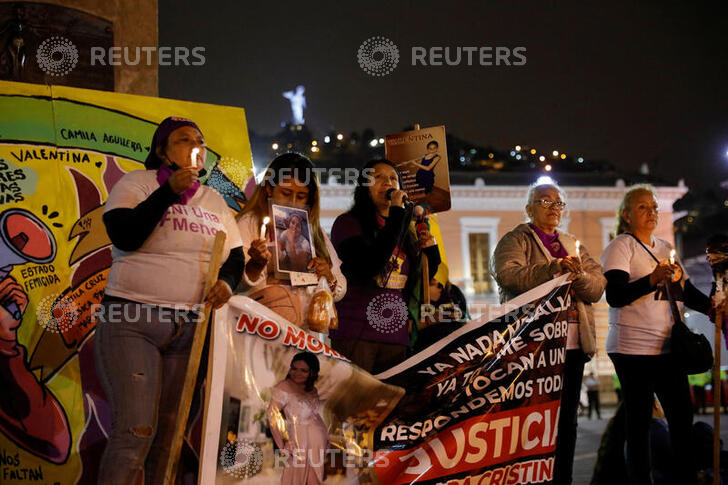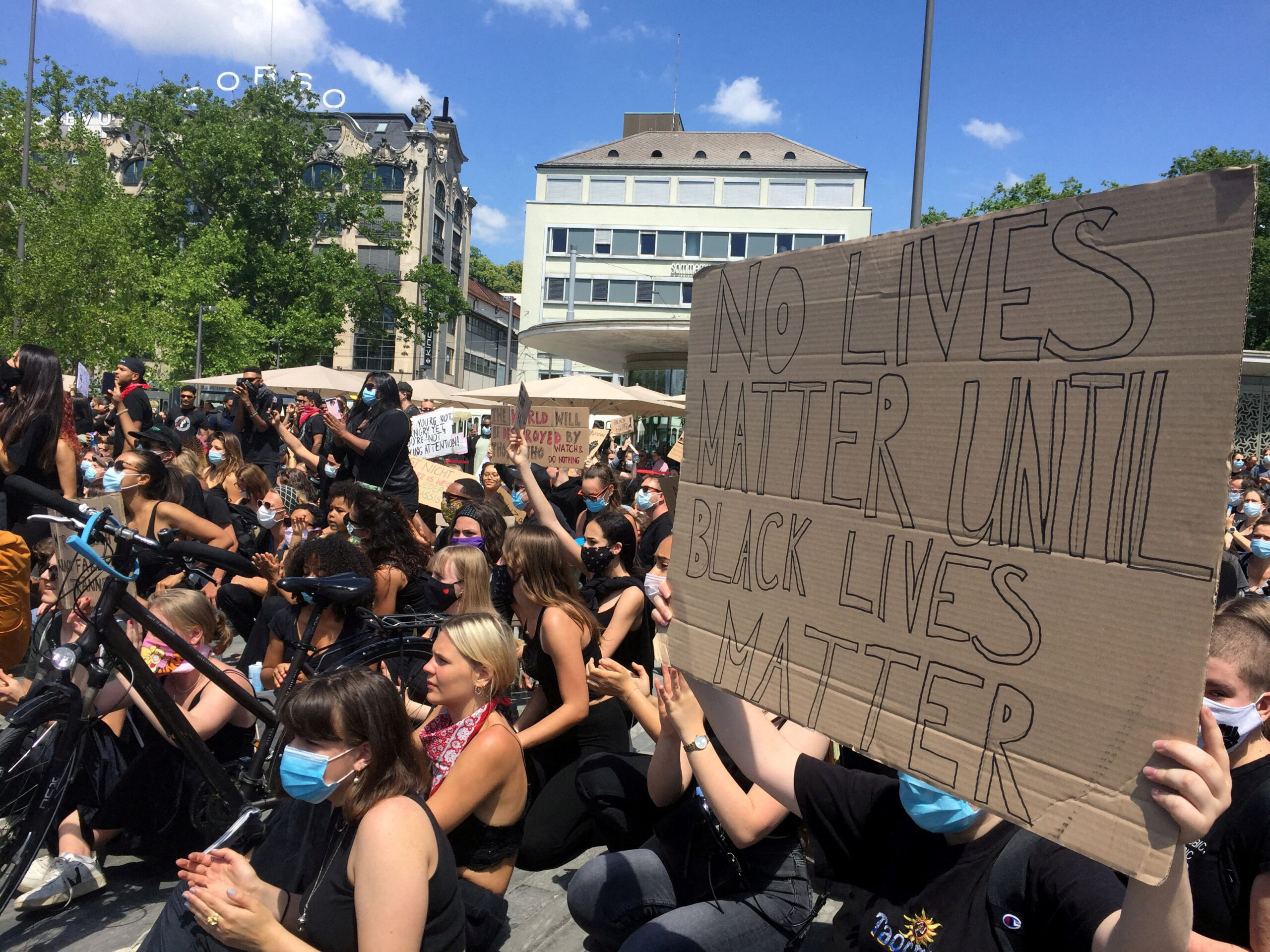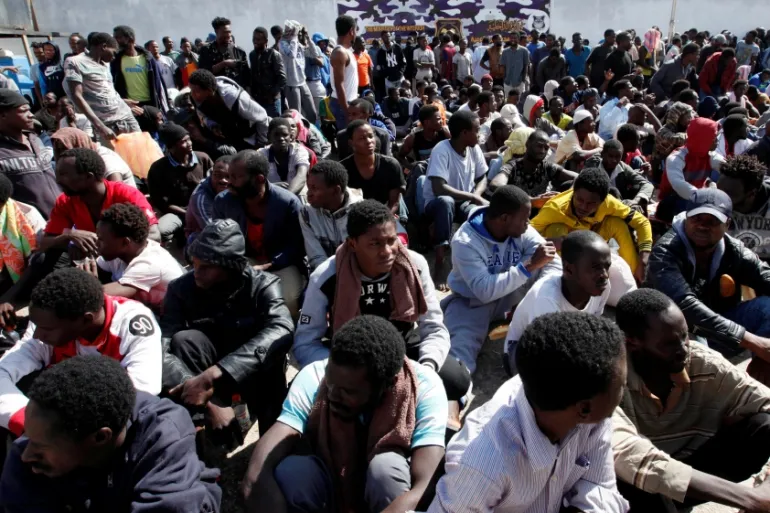The Perils of Punitive Urbanism in India
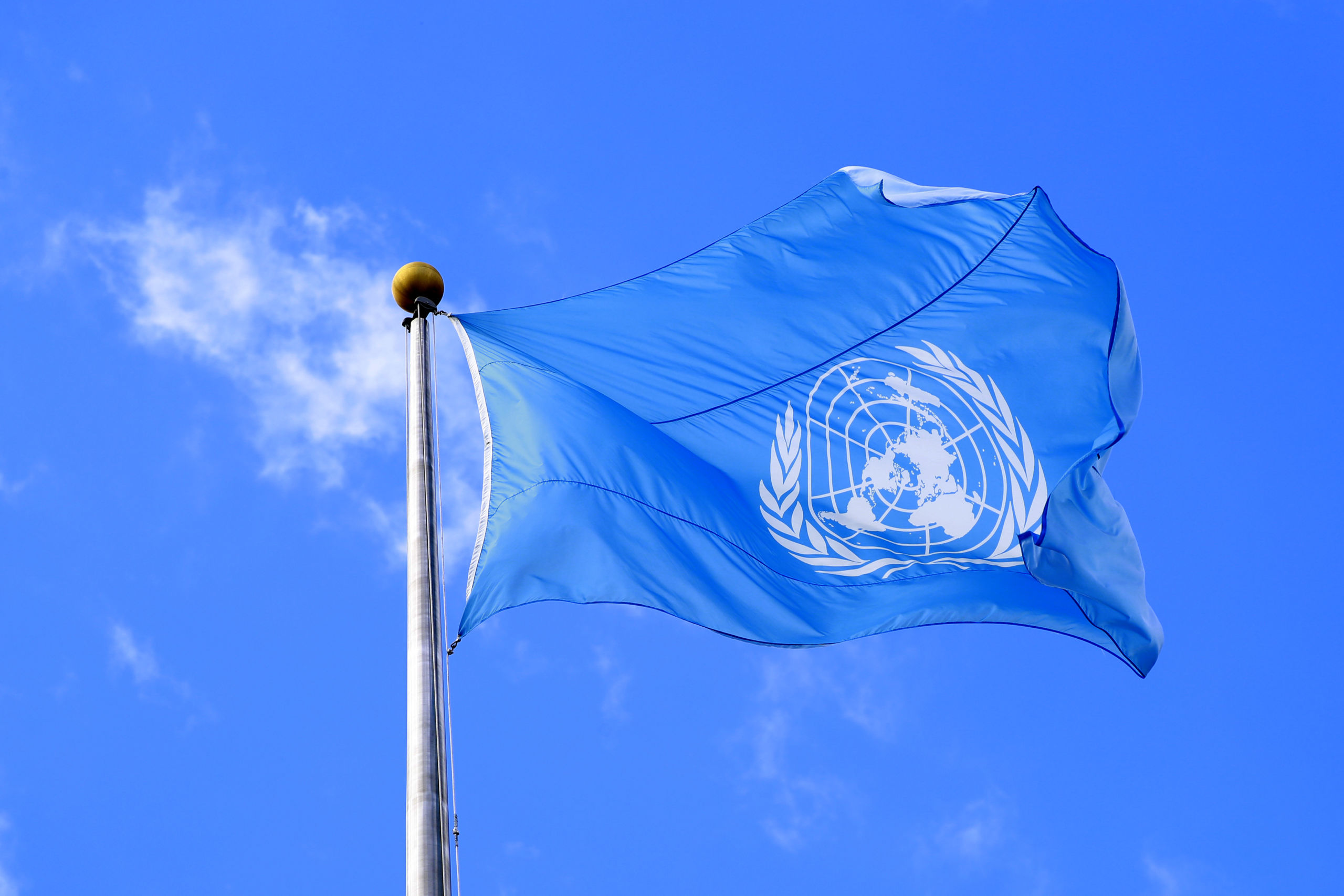
Whether New Delhi heeds the warning or continues to let the bulldozers speak louder than the law, remains to be seen/UN
Independent UN human rights experts have issued a stark rebuke of India’s continued reliance on punitive demolitions that disproportionately target low-income groups, minorities, and migrants. In their joint statement, the experts condemned what they called an “aggravated form of human rights violation,” warning that demolitions carried out under the guise of law enforcement or urban renewal often function as tools of collective punishment.
Despite clear judicial safeguards laid out by India’s Supreme Court—most notably in Jamiat Ulama-i-Hind v. Union of India—the bulldozers continue to roll. The Court had explicitly warned against demolitions lacking due process, but state authorities have routinely sidestepped such protections. Instead, officials have framed the practice as part of amorphous ‘anti-encroachment’ drives, frequently citing national security concerns or claims of illegal immigration—often without substantiating either.
The experts highlighted a worrying trend: while members of all communities have suffered under these demolitions, Muslims have borne the brunt—particularly in the wake of religious unrest or protests. They described this emerging phenomenon as a form of “bulldozer justice,” with devastating social and economic consequences for those affected.
Recent events in Gujarat exemplify the practice’s scale and severity. In Ahmedabad’s Chandola Lake and Siyasat Nagar areas, over 10,000 structures—including homes, businesses, and places of worship—were flattened between late April and May 2025. A further 500 demolitions were reported at the end of May. The result: thousands left homeless and destitute, stripped not just of shelter but also of livelihood and dignity.
Most troublingly, the experts said, these operations often proceed without adequate notice, legal recourse, or any provision for resettlement or compensation. Families with decades-long ties to their neighborhoods are uprooted with little warning, watching as their homes are reduced to rubble.
The demolitions, they argued, deepen societal fault lines, erode trust in institutions, and feed into a broader climate of impunity and fear. “National security” and “foreign nationality,” they stressed, cannot be used as pretexts for forced evictions that lack legal due process.
The statement concluded with a call for the Indian government to align its urban development policies with both its constitutional obligations and international human rights norms. The experts confirmed they have raised these concerns directly with Indian authorities.
Whether New Delhi heeds the warning or continues to let the bulldozers speak louder than the law, remains to be seen.
UN
- Most Viewed
- Most Popular




